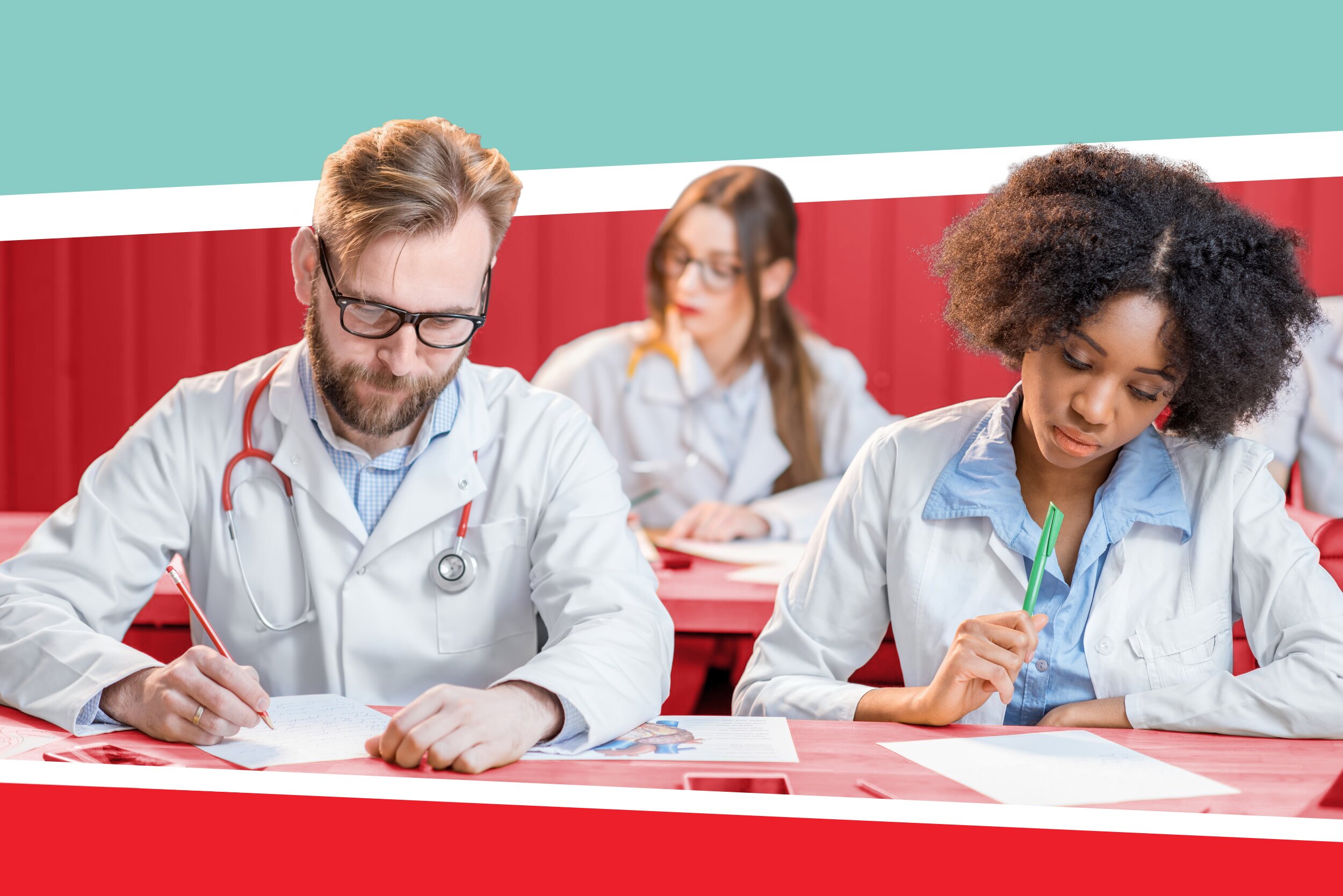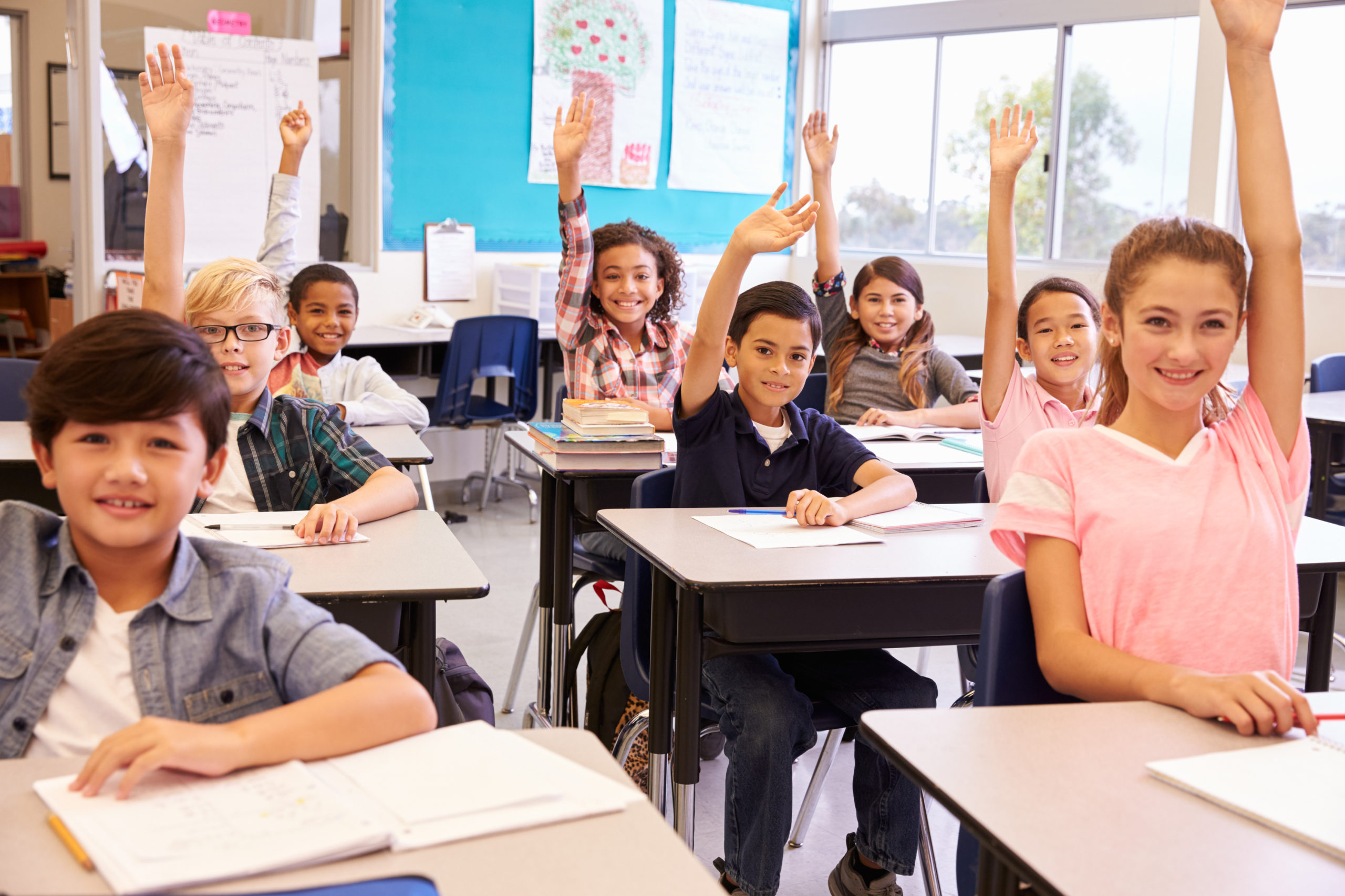Join Us: Events and Initiatives to Save Temecula Schools
Wiki Article
Just How Schools Play an Essential Duty in Shaping Future Leaders and Trendsetters
By integrating project-based discovering and interdisciplinary studies, instructional establishments test pupils to evaluate and synthesize intricate information. Teachers offer as mentors, directing trainees and supporting their possibility, while extracurricular activities further develop leadership skills and durability.Fostering Crucial Believing
In today's quickly evolving globe, promoting vital thinking within schools has actually become paramount. As culture faces progressively complicated worldwide challenges, the capacity to evaluate, assess, and manufacture information is vital. Colleges play a vital role in developing these abilities, preparing students to browse and resolve multifaceted problems with informed, reasoned decisions.To cultivate vital reasoning, instructors utilize different pedagogical methods that urge active learning and intellectual engagement. Classroom conversations, problem-based understanding, and Socratic examining contribute in advertising logical and reflective thought processes. By challenging students to interrogate assumptions and consider multiple perspectives, these techniques ensure a deeper understanding of topic beyond memorizing memorization.
In addition, integrating important believing throughout the educational program strengthens its importance and applicability in diverse contexts. Topics such as maths, science, history, and literary works each deal one-of-a-kind chances to develop trainees' important faculties. Examining historical occasions requires evaluating resources and recognizing context, while scientific questions demands extensive hypothesis screening and evidence-based reasoning.
Inevitably, instilling vital thinking abilities in pupils equips them with the cognitive tools necessary for long-lasting discovering and versatility. It is through this fundamental proficiency that future leaders will have the ability to innovate, resolve issues, and contribute meaningfully to culture.
Motivating Creative Thinking
Accepting imagination within academic structures galvanizes students to think past conventional borders and discover cutting-edge solutions. By incorporating artistic ventures and creative reasoning exercises into the curriculum, institutions grow an atmosphere where originality and creative thought are valued. This technique not only improves the educational experience however likewise equips students with the capability to deal with real-world difficulties in novel means.Educational establishments can promote creativity with diverse methods such as project-based discovering, interdisciplinary researches, and the unification of arts and technology. Project-based understanding, for instance, motivates students to use their understanding in sensible, usually collaborative, tasks that demand innovative problem-solving skills. Interdisciplinary researches allow students to attract links in between different subjects, therefore widening their viewpoints and enhancing their innovative abilities.
Moreover, supplying pupils with possibilities to involve with emerging technologies, such as coding and digital style, even more supports their imaginative capacity. These activities trigger trainees to experiment, stop working, and repeat, which are vital elements of the innovative process (Save Temecula Schools). By preserving a helpful atmosphere where experimentation is encouraged, colleges can guarantee that trainees establish the self-confidence to seek cutting-edge ideas
Basically, nurturing imagination in academic settings is essential for shaping future leaders and pioneers efficient in addressing complex worldwide concerns with resourcefulness.
Supporting Collaboration

Carrying out group-based discovering components and participating jobs enables students to experience the characteristics of team effort firsthand. This not just prepares them for the joint nature of modern-day offices however also nurtures leadership top qualities as they often have to handle roles such as task supervisors or team coordinators. In addition, partnership in the classroom can break down social obstacles and promote inclusivity, making sure that each pupil feels valued and heard.
Moreover, incorporating modern technology can further support joint efforts. Tools like common interactive platforms and digital offices make it possible for pupils to collaborate efficiently, even outside the class. As students create these joint skills, they are better equipped to tackle complicated challenges and introduce, laying the groundwork for their future functions as leaders and trendsetters.
Function of Educators as Coaches

Mentorship involves customized attention, where instructors recognize and nurture private toughness and address weak points. Save Temecula Schools. Through individually communications, teachers can customize their advice and assistance to meet each pupil's one-of-a-kind needs, promoting a feeling of confidence and durability. This individualized approach cultivates a development mindset, motivating students to see failings as chances for finding out and growth
Additionally, instructors function as role versions, demonstrating the worths of willpower, honesty, and empathy. Their perspectives and activities provide a plan for trainees to mimic, instilling a feeling of moral duty and social awareness. By creating a inclusive and helpful classroom atmosphere, educators enable trainees to establish interpersonal abilities that are you could try here vital for effective leadership.
Basically, the mentorship offered by instructors lays a foundational structure for the growth of future leaders, outfitting them with the understanding, skills, and values needed to master an ever-evolving world.
Effect of Extracurricular Tasks
When integrated successfully right into the instructional structure, extracurricular tasks significantly boost pupil growth and leadership potential. These tasks provide trainees with chances to check out interests past the standard educational program, promoting a versatile skill set.Additionally, extracurricular participation encourages creativity and innovation. Trainees took part in dramatization, songs, or discussion clubs discover to think seriously and strategy problems from varied viewpoints. These experiences infuse confidence, allowing students to articulate their ideas and take campaign in numerous setups. By teaming up with peers from various backgrounds, trainees additionally develop empathy and communication skills, vital traits for future leaders.
After-school activities likewise play an essential duty in academic performance. Research study indicates that trainees involved in such programs often tend to have higher qualities and better participation documents. These tasks supply a healthy outlet for stress and anxiety, contributing to general wellness. Therefore, colleges that focus on a balanced technique to education and learning, incorporating durable extracurricular programs, are most likely to create innovators and leaders outfitted to fulfill the obstacles of the future.

Final Thought
In verdict, colleges substantially shape future leaders and innovators by supporting crucial reasoning, creativity, and collaboration amongst students. By cultivating an encouraging environment that values private staminas and team effort, schools outfit students with the needed skills to navigate future obstacles and drive advancement.As trainees develop these collective skills, they are much better outfitted to deal with complex difficulties and innovate, laying the groundwork for their future roles as innovators and leaders.
By cultivating critical reasoning and analytical skills, teachers assist pupils browse intricate obstacles, preparing them for leadership duties in various fields.
By collaborating review with peers from various backgrounds, trainees likewise create empathy and interaction abilities, vital traits for future leaders.
In conclusion, colleges significantly form future leaders and innovators by supporting important reasoning, creative thinking, and collaboration among students. By fostering an encouraging setting that values private staminas and teamwork, colleges furnish trainees with the required abilities to navigate future challenges and drive innovation.
Report this wiki page